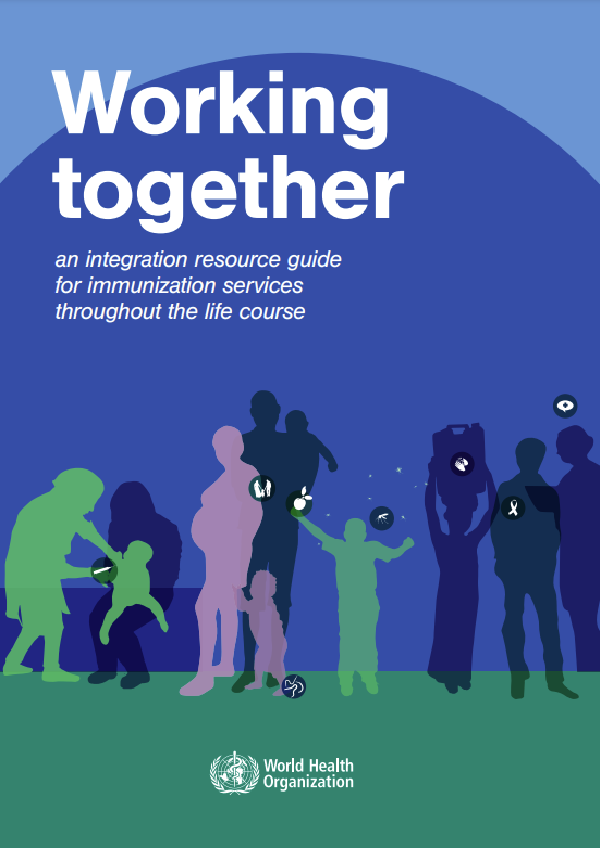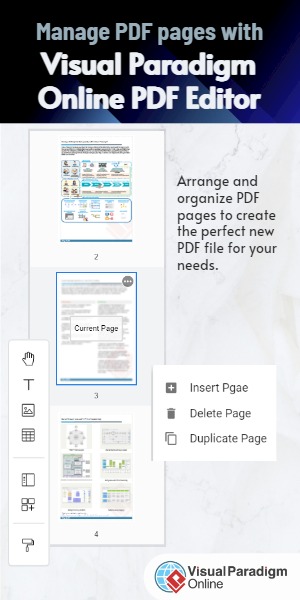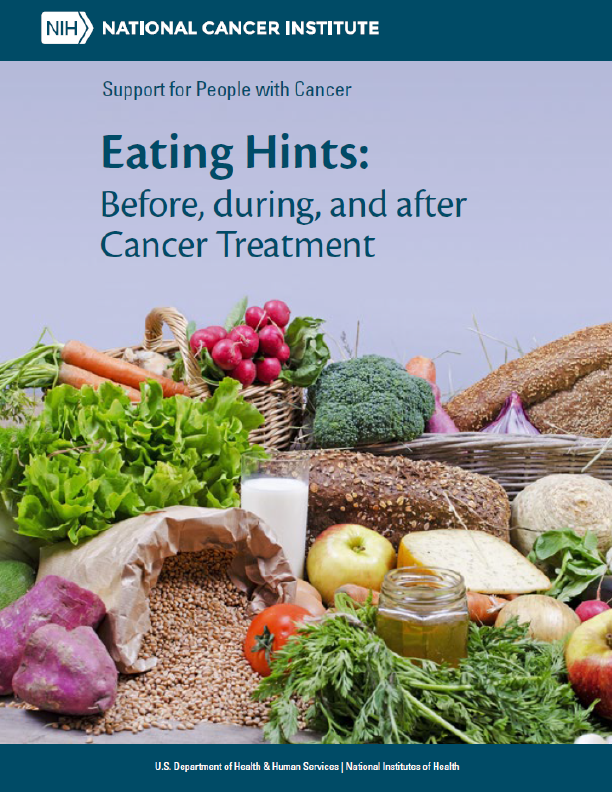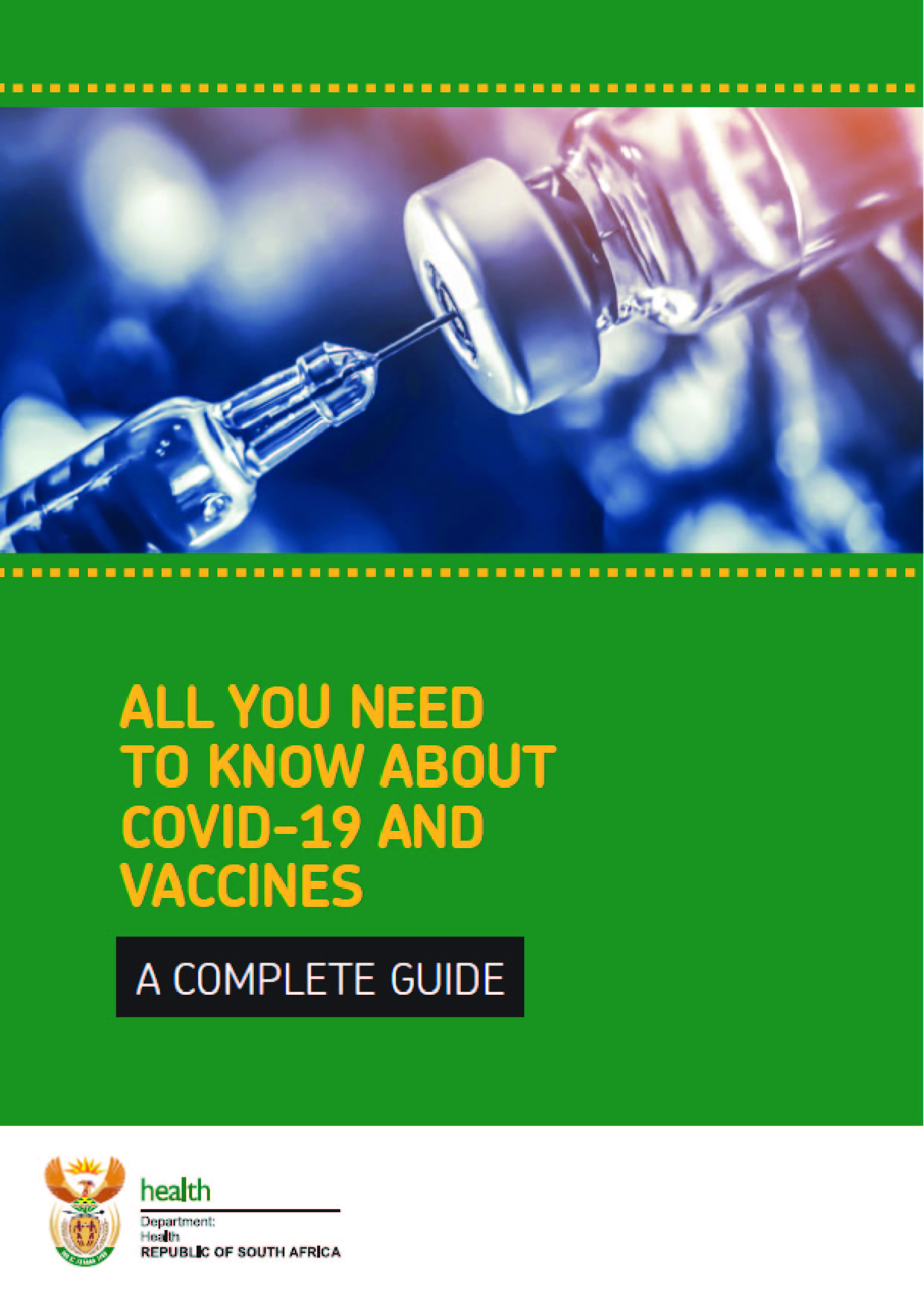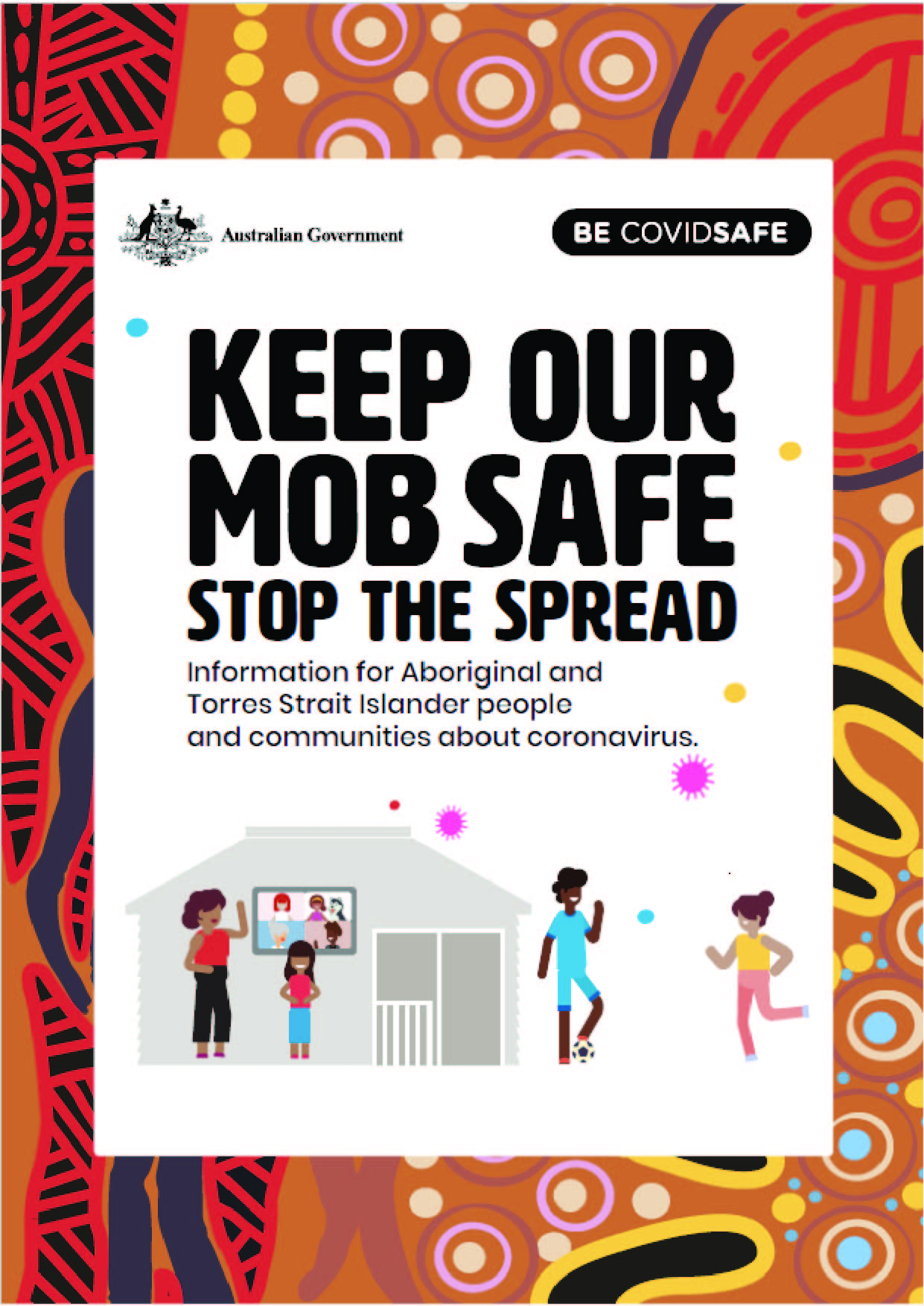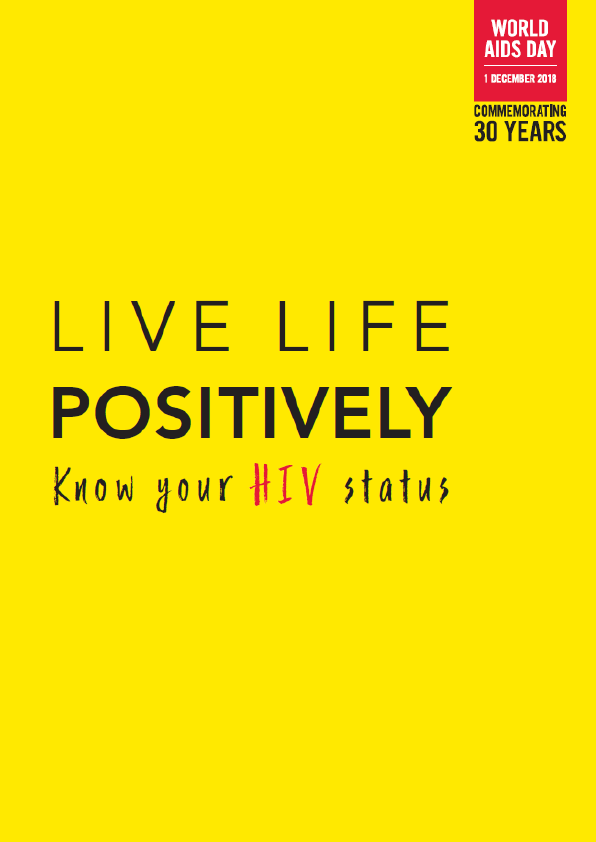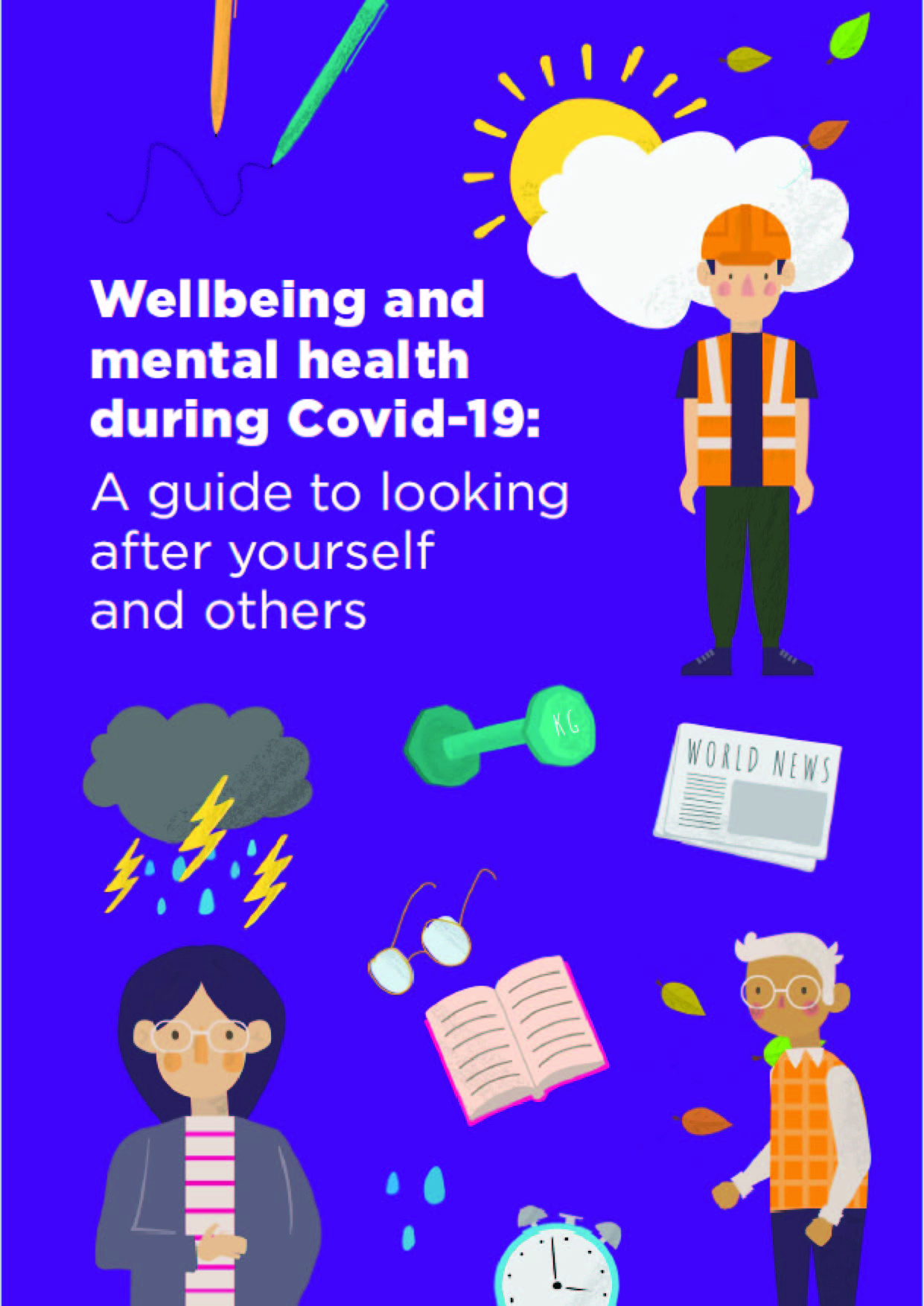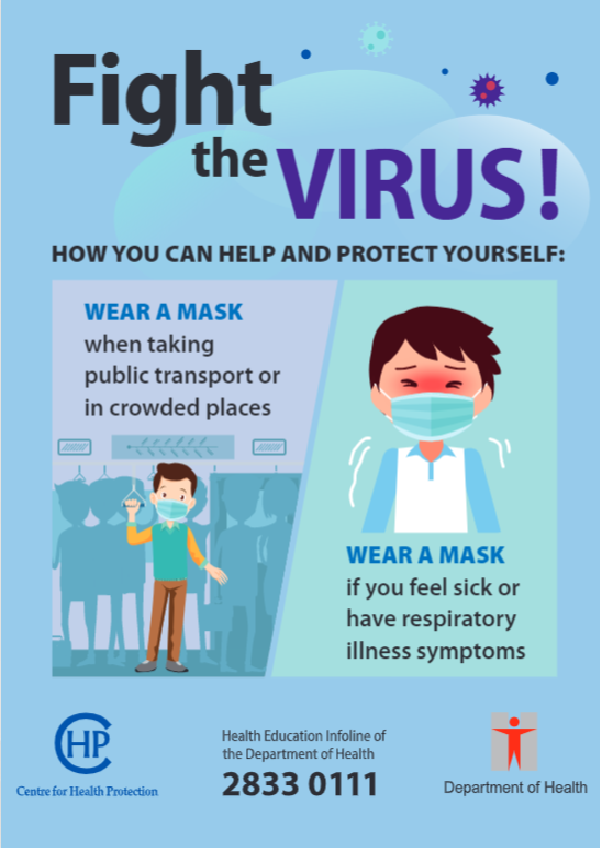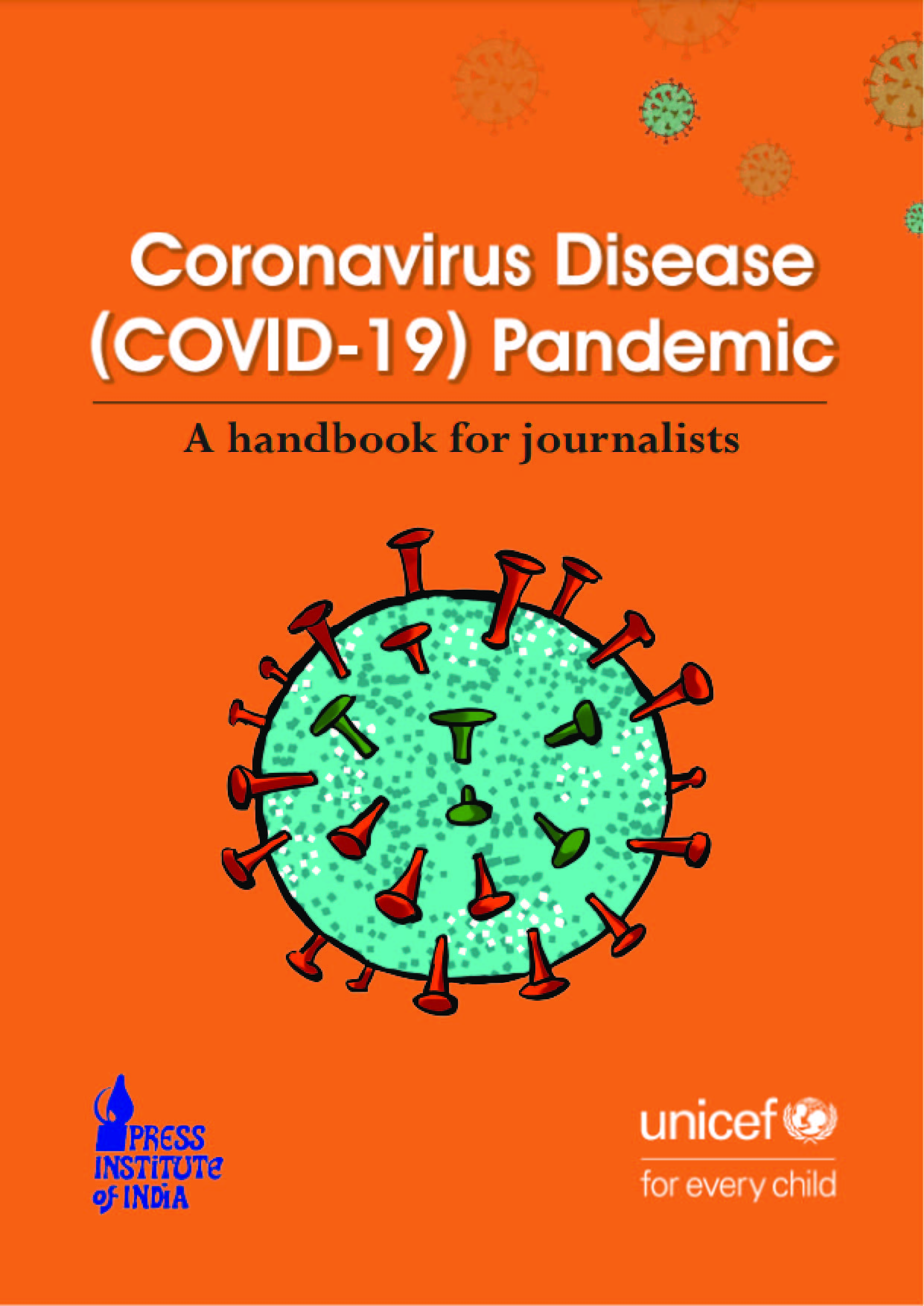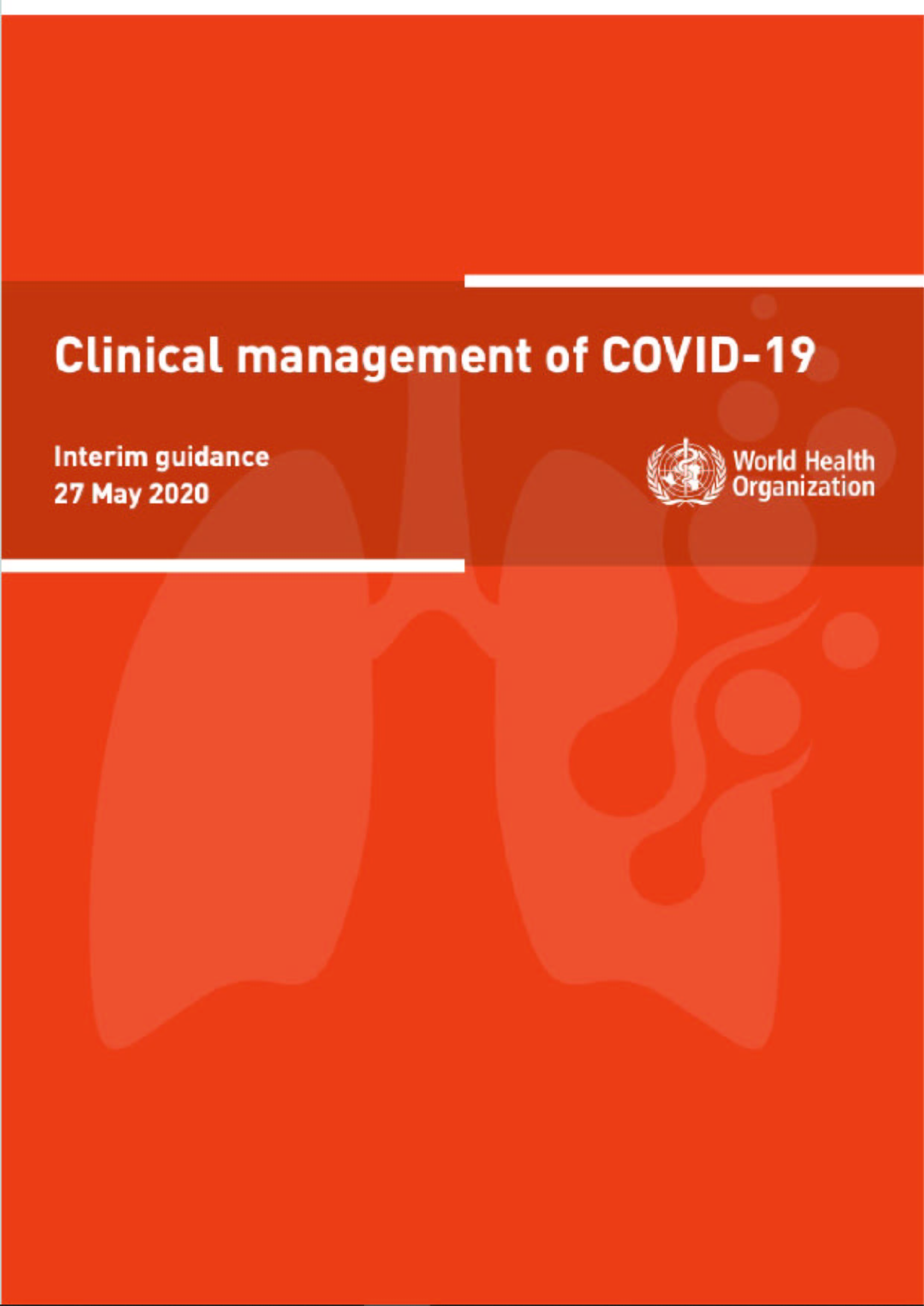Overview
Who is this resource guide for?
This resource guide is intended for use by national managers from immunization, reproductive, maternal child and adolescent health and other related programmes. It may also be useful for global, regional and country level policy-makers and partners responsible for the design, implementation, monitoring and evaluation of integrated services, policies or health systems strengthening. Immunization is the process by which an individual’s immune system becomes fortified against an infectious agent (known as the immunogen). When this system is exposed to molecules that are foreign to the body, called non-self, it will orchestrate an immune response, and it will also develop the ability to quickly respond to a subsequent encounter because of immunological memory. This is a function of the adaptive immune system. Therefore, by exposing a human, or an animal, to an immunogen in a controlled way, its body can learn to protect itself: this is called active immunization.
What are the objectives of the resource guide?
The guide aims to bring together a range of relevant resources, summarize current knowledge and provide guidance on the integration of immunization with other health interventions, health policies or activities to strengthen health systems. The specific objectives of this guide are:
- to encourage all programme managers to consider opportunities for the integration of immunization with other services; to provide an overview of the global policies, potential interventions and strategies related to the integration of immunization services;
- to provide a planning resource to guide integration efforts, including a checklist to help determine the suitability of programmes for integration and to ensure that key issues are considered in the design, planning and implementation of integrated programmes;
- to support the effective design, implementation and monitoring and evaluation of integrated immunization programmes and services, while recognising that the local context is also a critical consideration;
- to highlight current knowledge gaps with regards to the integration of immunization with the health system and other programmes, and to encourage the generation of additional evidence and experiences to address them.
What does the guide include?
The guide applies existing academic literature on integration, and other sources, including World Health Organization (WHO) recommendations. Although the guide 11 an integration resource guide for immunization services throughout the life course includes numerous summaries of relevant studies, it is not intended to be a systematic review of evidence but aims to be a resource guide for policy-makers and programme managers. Included in the guide is information on the interventions, or packages of interventions, that might be integrated with immunization and a summary of documented country experiences.
